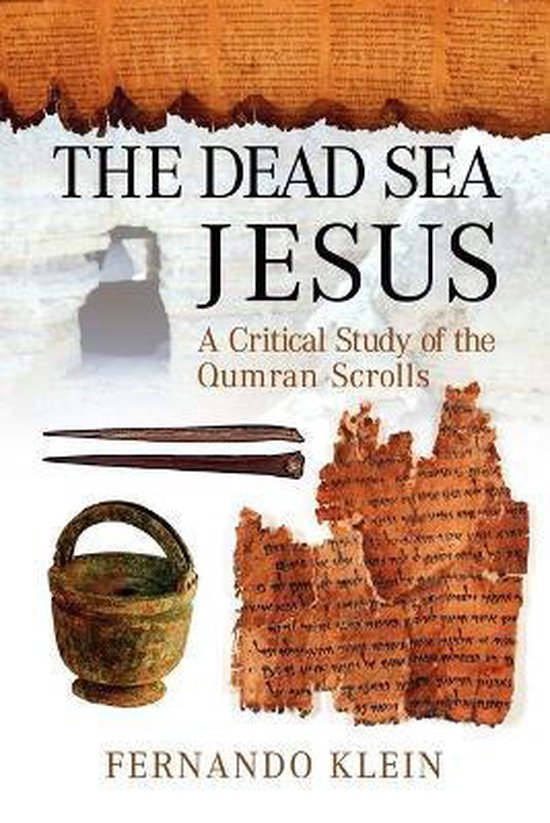The Dead Sea Scrolls comprise a vast collection of Jewish documents written in Hebrew, Aramaic, and Greek, and encompassing many subjects and literary styles. They include manuscripts or fragments of every book in the Hebrew Bible except the Book of Esther, all of them created nearly one thousand years earlier than any previously known biblical manuscripts. The scrolls also contain the earliest existing biblical commentary, on the Book of Habakkuk, and many other writings, among them religious works pertaining to Jewish sects of the time. In this book we will analyze the last and most important discoveries in the Dead Sea area. We will look closely at "The Vision of Gabriel," and all the scrolls related to the Christendom. "The Vision of Gabriel" or "Hazon Gabriel" was written using ink on stone. The tablet introduces us to a critical epoch of Jewish history. it speaks about a person who rebelled against Rome in the first century B.C. and was resuscitated on the third day. Some scholars point to this text and premonition as being ideas applied to Jesus by his followers or the scribes. It is linked to Messiah and the prophecy that he should die and rise from the dead at the third day, the core belief of the Christianity faith. This text is a part of a bigger collection of scrolls named the "Dead Sea Scrolls," discovered and analyzed at Qumran, Israel, since 1947. The legends of what was contained in the Dead Sea Scrolls are far beyond what was actually there. There were no lost books of the Bible or other literature that there was not already other copies of. The vast majority of the Dead Sea Scrolls were simply copies of books of the Old Testament from 250-150 B.C. A copy or portion of nearly every Old Testament book was found in Qumran. There were extra-biblical and apocryphal books found as well, but again, the vast majority of the scrolls were copies of the Hebrew Old Testament. The Dead Sea Scrolls were such an amazing discovery in that the scrolls were in excellent condition and had remained hidden for so long (over 2000 years). The Dead Sea Scrolls can also give us confidence in the reliability of the Old Testament manuscripts since there were minimal differences between the manuscripts that had previously been discovered and those that were found in Qumran. Clearly the Dead Sea Scrolls and the schism that caused the Dead Sea sect to arise can only be understood in the context of Jewish history and the sectarianism of the Second Temple period in Judea. Across twenty centuries, the Scrolls speak to us of the pluralism that existed in ancient Judaism, each group competing to be the "True Israel" and each claiming a monopoly on the true interpretation of the Torah. The most prevalent opinion given by scholars has identified the Qumran sect with the Essenes, of whom Josephus and Philo wrote. While it may be legitimate to attempt to prove Essene authorship as many scholars have done, it is however, illegitimate to use this theory as a universally accepted position on which all Qumran texts are interpreted. Scholarly ethics and integrity, and scientific investigation demand that each text from the caves, along with the Greek writings concerning the Essenes by Philo and Josephus, be subjected to their own separate critical review before conclusions are made. The Dead Sea Scrolls are a "puzzle" What time frame do they cover, and whom do they refer to? Very few scholars have examined the period from 37 BC to AD 71 as the possible setting for the scrolls. Nevertheless, the scrolls allude to events that only have real relevance in this time period. Jesus is never mentioned in the Scrolls, although the Scrolls prove that the Jews were reading and studying texts with a doctrine that could influence in the ideology of early Christendom.
